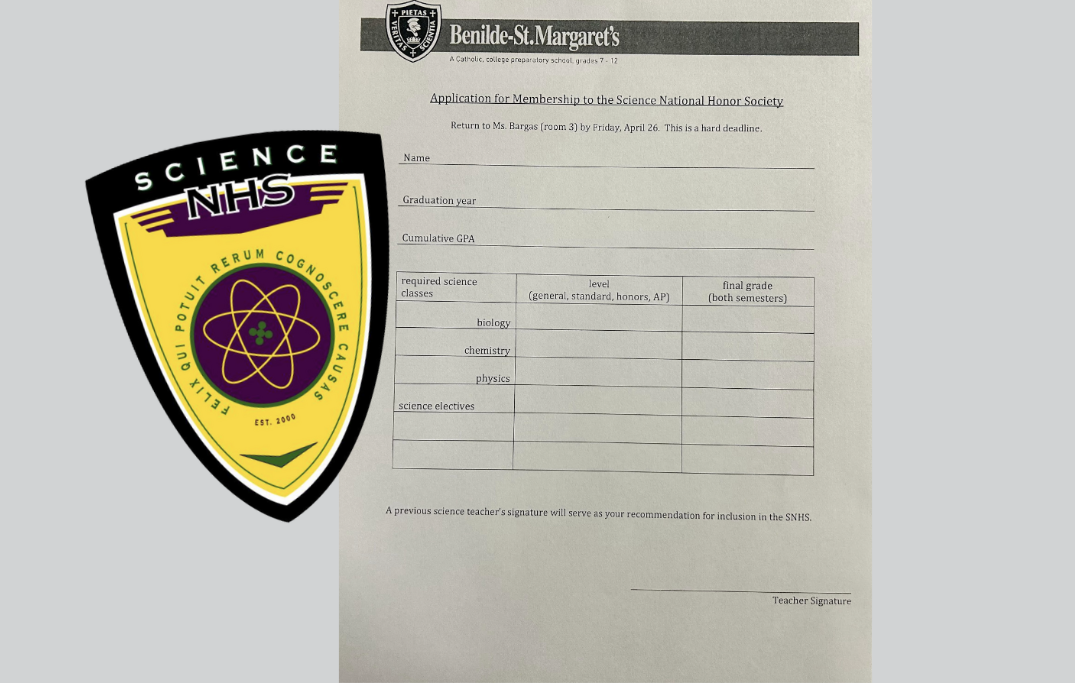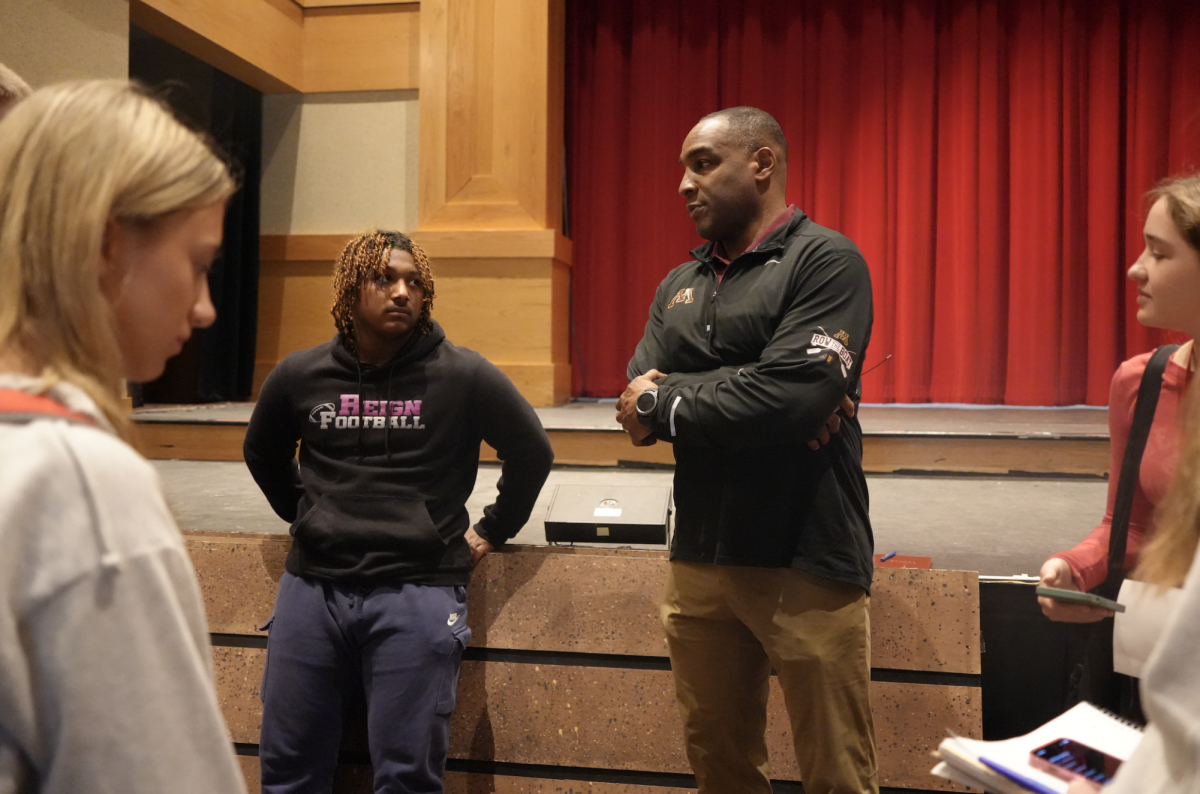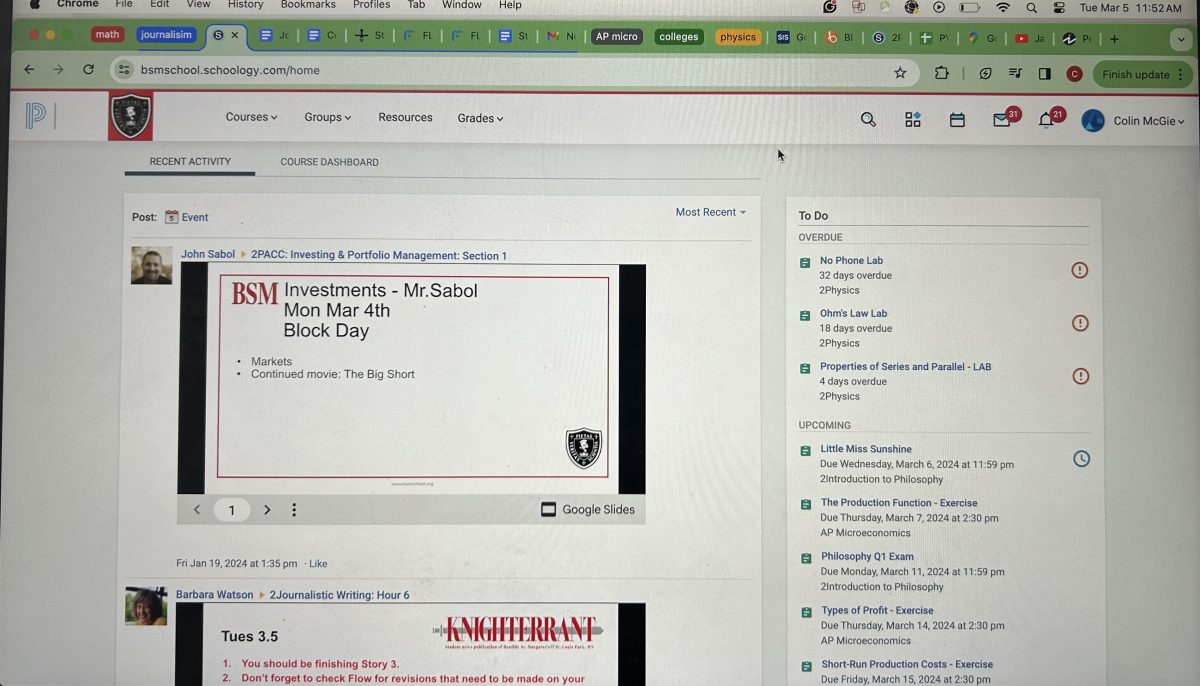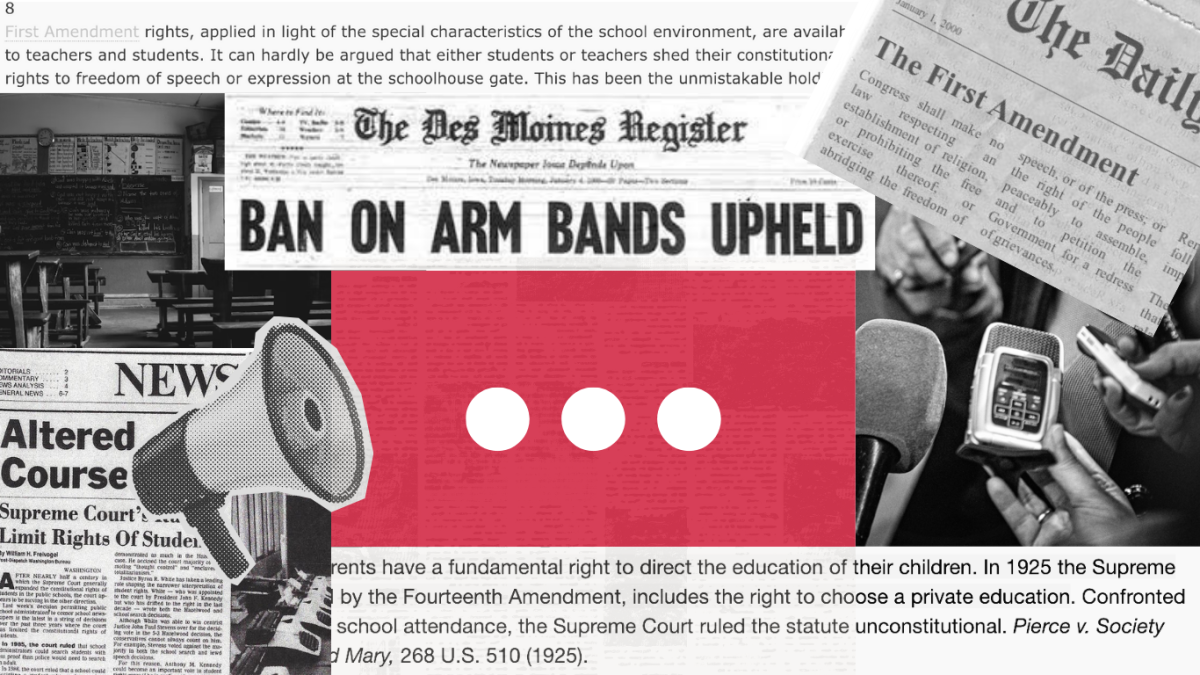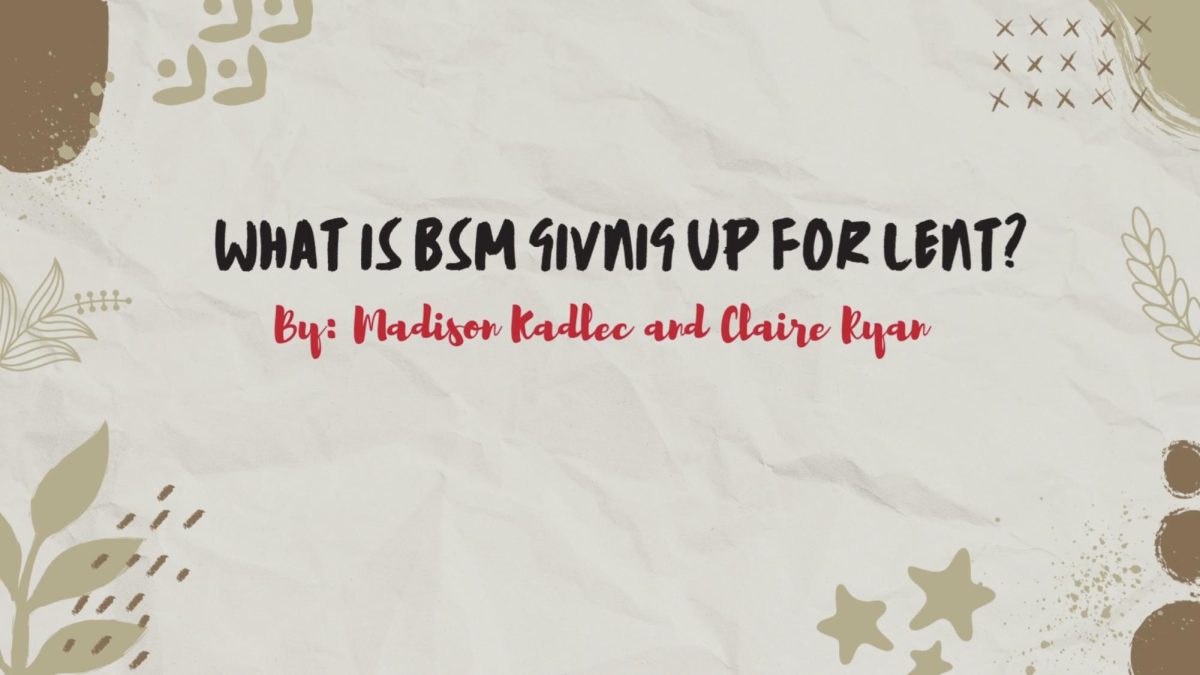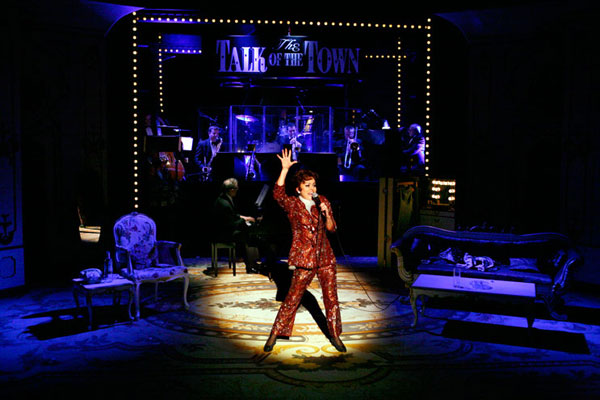There is certainly no pot of gold at the end of Judy Garland’s rainbow. In the Guthrie’s new production of “The End of the Rainbow,” the US premiere of the play, British actress Tracie Bennett shines in Peter Quilter’s tragic account of the last year of the international icon’s life.
Judy’s troubles began at a young age when MGM scooped her up from her humble Midwestern beginnings in her “Garland Sisters” act and placed her on the big screen. Newly signed at the impressionable age of 13, Judy was given amphetamines—–the addictive effects at that time unknown—to help keep her energized throughout her hectic daily schedule. Unfortunately the pills MGM gave her began a life-long struggle with prescription drugs and a dependence on alcohol that eventually led to her death at the age of 47. Pressures from her agency as well as from the public left Judy constantly obsessing over her weight and looks. “The End of the Rainbow” finds Judy at her fifth of a string of husbands, painfully thin, and very broke, preparing for her London tour “The Talk of the Town.”
It is, without a doubt, Tracie Bennet who steals the show, much as Judy Garland stole the scene with her personality and charm in movies such as “The Wizard of Oz” and “Meet Me In St. Louis.” Her acting is darkly humorous, entertaining, and emotional, much like what I imagined the real Judy to act like. Her voice is a close enough imitation to Judy’s to make you feel as if you really are watching Judy sing a version of “The Man That Got Away.”
Judy’s husband, Mickey Deans (played by Tom Pelphrey) is a character that you love to hate. Twelve years younger than Judy, engaged to her in less than a year of knowing her, and in the compromising situation of being both her fiance and her manager—you know he’s obviously playing her, even though in the beginning he is concerned with her welfare.
The most compassionate character is Anthony, the pianist, played by Michael Cumpsty. Even when Mickey abandons Judy to her addiction, Anthony continues his attempt to pull her out of her downward spiral.
This play is not for the faint-hearted viewers of “The Wizard of Oz.” Watching someone self-destruct is not an easy process–there were times during the show when I wanted to rewind her life and edit out the unpleasant parts. Yet Judy’s death does not diminish her immortality, as she says. Her personal life was difficult, her public one demanding–being a legend takes work, and at the end of the rainbow it just ended up being too much.

